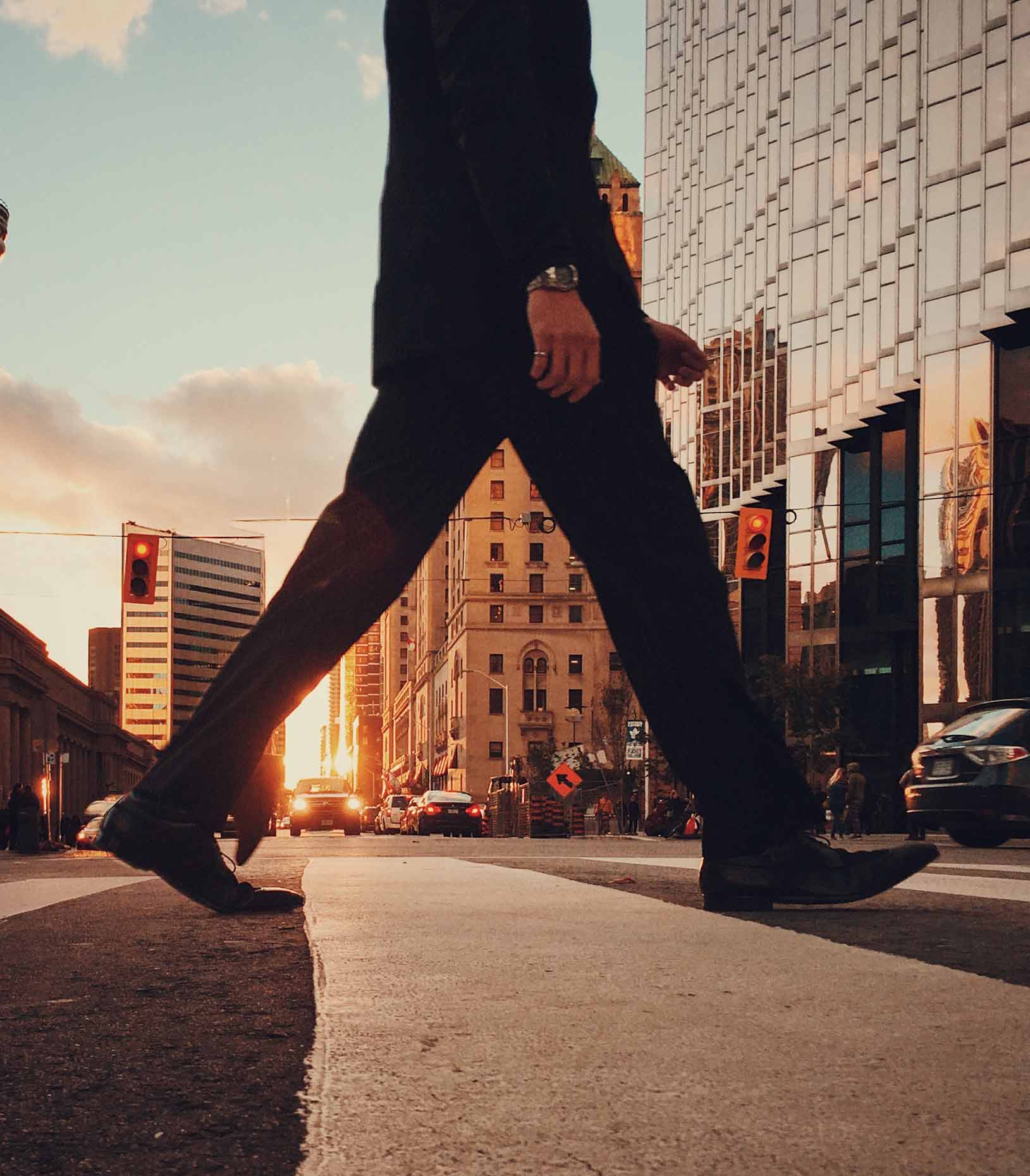West Palm Beach Trip and Fall Accidents

From picking up groceries to walking the dog, daily life is full of mundane tasks. Although running errands and doing chores can certainly be boring, they should never be dangerous.
Nobody should feel vulnerable when walking to their car after buying groceries. And as long as the parking lot has adequate lighting and working security cameras, you won't. Likewise, you should not feel uneasy when climbing the stairs in your friend's apartment building. If the landlord maintains the property to a reasonable standard, the thought of stumbling on the stairs probably won't even cross your mind.
When landlords or business owners fail to upkeep their premises, though, anything can happen. From assault and burglary to slip and fall accidents, there are countless dangerous situations that can arise when property owners are negligent. Fortunately, people who are hurt in these scenarios may be able recover compensation for their resulting damages.
If you sustained injuries on a poorly maintained property, turn to Donaldson & Weston. Our premises liability attorneys have assisted hundreds of clients in personal injury and wrongful death cases. Call 561-299-3999 to schedule a free consultation with one of our strategic West Palm Beach accident lawyers.
Nobody should feel vulnerable when walking to their car after buying groceries. And as long as the parking lot has adequate lighting and working security cameras, you won't. Likewise, you should not feel uneasy when climbing the stairs in your friend's apartment building. If the landlord maintains the property to a reasonable standard, the thought of stumbling on the stairs probably won't even cross your mind.
When landlords or business owners fail to upkeep their premises, though, anything can happen. From assault and burglary to slip and fall accidents, there are countless dangerous situations that can arise when property owners are negligent. Fortunately, people who are hurt in these scenarios may be able recover compensation for their resulting damages.
If you sustained injuries on a poorly maintained property, turn to Donaldson & Weston. Our premises liability attorneys have assisted hundreds of clients in personal injury and wrongful death cases. Call 561-299-3999 to schedule a free consultation with one of our strategic West Palm Beach accident lawyers.
What Kinds of Scenarios Can Result in a Premises Liability Claim?
Although there are countless ways to get hurt on someone else's property, there are just two kinds of scenarios that can ultimately result in a premises liability claim: negligent security and dangerous conditions.
Larger establishments where people spend a considerable amount of time, like hotels, have an obligation to provide more security than smaller companies where customers only spend an hour or two, such as grocery stores. Regardless of what kind of business or rental property it is, the owner must provide working lighting and an adequate security system, which might include door locks, guards, and/or CCTV cameras.
As for dangerous conditions, landlords and business owners must take reasonable steps to prevent hazards. They must also address dangerous conditions in a timely manner. Examples of dangerous conditions that can result in a premises liability claim include:
If a property owner-or his or her staff-fails to address any of the above hazards, the business can be liable for all damages that result. Such damages might include medical expenses, lost income, and even non-economic losses like pain and suffering.
Larger establishments where people spend a considerable amount of time, like hotels, have an obligation to provide more security than smaller companies where customers only spend an hour or two, such as grocery stores. Regardless of what kind of business or rental property it is, the owner must provide working lighting and an adequate security system, which might include door locks, guards, and/or CCTV cameras.
As for dangerous conditions, landlords and business owners must take reasonable steps to prevent hazards. They must also address dangerous conditions in a timely manner. Examples of dangerous conditions that can result in a premises liability claim include:
- Wet floors;
- Unmarked thresholds;
- Broken stairs or missing railings;
- Loose carpeting;
- Inadequate lighting;
- Merchandise stacked in a hazardous fashion;
- Malfunctioning or missing smoke detectors; and
- The presence of mold.
If a property owner-or his or her staff-fails to address any of the above hazards, the business can be liable for all damages that result. Such damages might include medical expenses, lost income, and even non-economic losses like pain and suffering.
